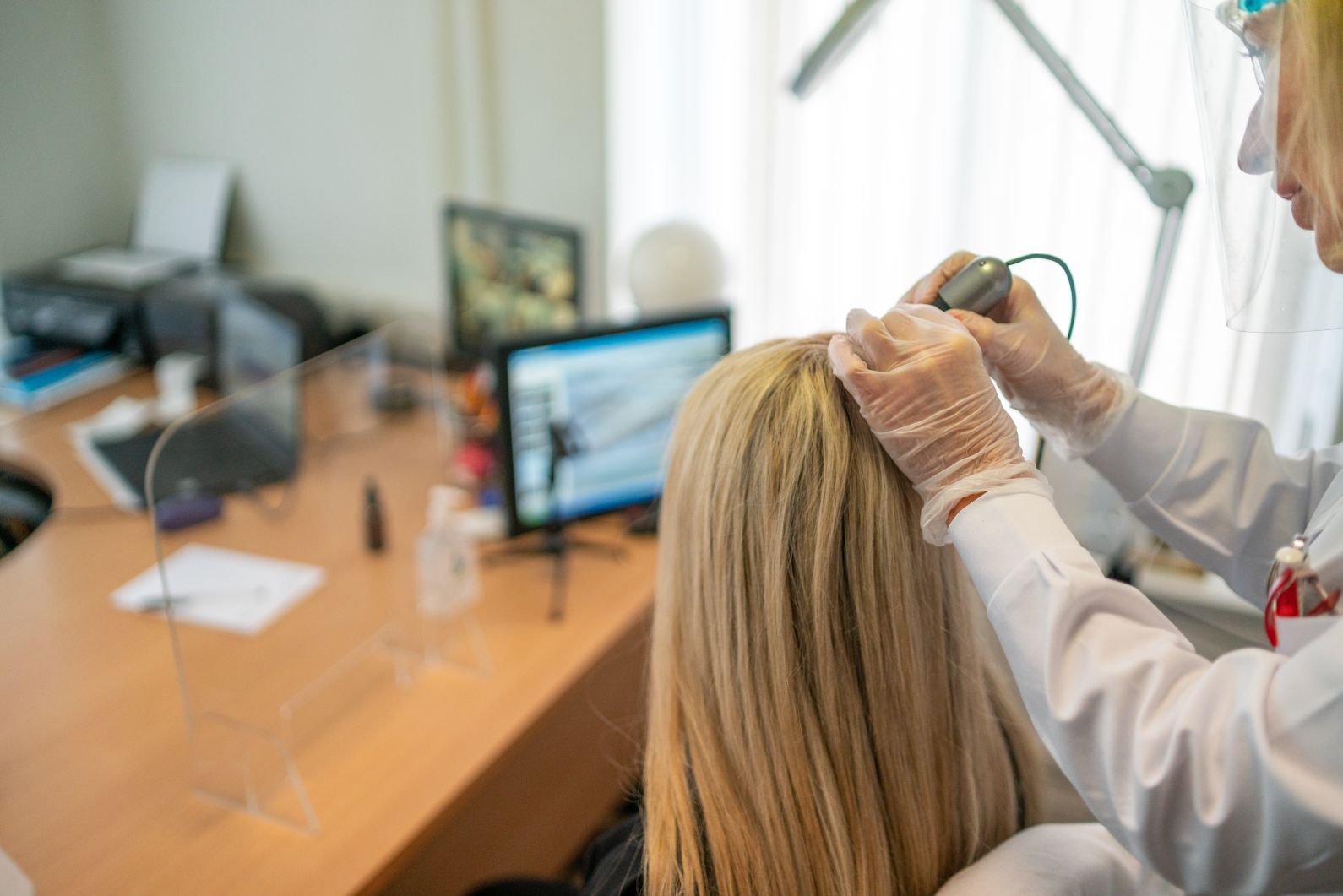Are you noticing round bald spots on your scalp or experiencing sudden and excessive hair loss? These can be signs of Alopecia Areata (AA).
Alopecia areata affects approximately 2 per cent of the global population. In the United States alone, there are about 5 million people with AA.
Said to be the second most prevalent hair loss condition, alopecia areata can affect the scalp and other parts of the body.
“The bald spots are usually round or oval, smooth and the size of a coin. These patches often appear suddenly and randomly all over the scalp. Sometimes, only a number of hairless spots develop; in other cases, there could be more.”
AA remains to be a mystery for experts as it is still not clear what’s exactly causing the condition. However, through studies, pertinent information has been uncovered about this hair loss problem. Below are 5 important things about alopecia areata that you should know.
It’s an Autoimmune Disorder
As mentioned earlier, it is not yet fully understood what causes alopecia areata. But experts categorised it as an autoimmune disorder. This is because the immune system repeatedly attacks the follicles, resulting in inflammation. Eventually, the hair becomes weak and falls off.
Scientists believe that what triggers this complex condition may be an interplay between genetic and environmental factors.
“Studies also reveal that one in five people have a family history of alopecia areata. This means that some people are genetically predisposed to have this condition.”
It is also more common in people who have relatives with autoimmune conditions like rheumatoid arthritis and type 1 diabetes.
In terms of environmental triggers, stress is on top of the list. Many sufferers say that they felt stressed out prior to losing their hair.
Anyone Can Have AA
Alopecia areata does not discriminate in terms of gender and age.
“…equally affects men and women, particularly in the younger age groups. Meanwhile, those affected later in life are usually females.”
AA also affects children and adults.
“Reports indicate that 25% of known cases involve children. It also tends to be more prevalent between the ages of 10 and 25. In fact, in 60% of cases, the onset happens before the age of 20.”
However, it is rarely seen in people aged 60 years old and above.
Types of Alopecia Areata
The three well-known kinds of AA are alopecia areata (patchy), alopecia totalis and alopecia universalis.
Alopecia areata (patchy) is characterised by the presence of smooth, coin-sized hairless patches on the scalp. When the bald areas expand and lead to hair loss on the entire scalp, it is what is called alopecia totalis. Meanwhile, alopecia universalis is when hair loss is experienced not just on the scalp but also on other body parts like the eyebrows, arms and legs.
Treatments for Alopecia Areata
Just like female-pattern baldness, there is no cure for alopecia areata. However, effective treatments which can bring about remission are available. “These come in the form of topical lotions, injectables and pills.” There is also what’s called light therapy or phototherapy.
It is important to note that it takes time before alopecia areata treatments yield results. Furthermore, it is highly possible for the hair loss to recur after regrowth is experienced.
Early Intervention Matters
If you are worried you might have alopecia, please see a dermatologist right away. Early intervention always results in better outcomes such as preventing the problem from worsening.
In addition, make sure that you regularly see your dermatologist. Remember, alopecia areata is a cyclical condition. You can expect periods of hair loss and hair growth. With this, you need a specialist to help you manage your condition. Apart from finding treatments that best suit you, the dermatologist can give you self-care tips.
Alopecia Areata Is Unpredictable
For some people, the hair loss progresses slowly while for others it happens quickly. Similarly, one patient may experience hair loss only once while another may go through it repeatedly.
Given alopecia areata’s unpredictable nature, the prognosis for each patient is different. This is why it is important that you have a specialist who can help you with this condition every step of the way.
Are you worried you might have alopecia areata? We have specialists who are trained and experienced in handling all types of hair loss conditions. Call us at 01 6793618 and schedule an appointment with our dermatologist.
—
Image by Claudio Terribile from Pixabay



